Is the publishing industry crashing?
According to Mike Stackpole’s latest Huffington Post blog, it is–and he even gives a time-line: 2012, he figures, and June, to be exact. Why then? Because that’s when Apple makes iPhone OS 4.0 available which, in turn, makes iBooks software available for all iPhones and iPod Touches. Later in the year, just in time for Xmas, a slew of tablet readers will also be available. All this, Mike argues, will cause publishing to finally, completely crash.
Mike’s not arguing that publishing or traditional books will go away, but that they’ll be so prohibitively expensive, people will turn to digital media out of necessity (not to mention convenience). His points are pretty good; you can’t argue that remaindering is an outmoded system.
That’s scary. Honestly. Not getting rid of an outmoded system like remaindering . . . but that traditional venues–brick and mortar stores–will evaporate. That we’ll have to rely on the Internet to get readers’ eyeballs on our work.
Now, I’m also probably conflating two issues: outlets versus entry. I’m thinking of how difficult getting a set of (competent) eyeballs on your books is to begin with. While the Web is an opportunity to offer work without a middle man–write a story or book and just put it up for sale–I still can’t wrap my head around how you can manage to build up readership.
And, honestly, I’m not sold that bypassing the editorial process–simply throwing up anything you’ve written onto a digital site–does books or writers a service. Do I have the time and leisure to troll through endless sites trying to find something worthwhile to read? No. It’s already hard enough culling through works published through traditional means. Is searching the Internet for something to read as efficient as seeing the book in front of me? I don’t think so, but maybe I’m being unduly pessimistic. Thing is, I can’t tell you how many truly AWFUL self-published books and stories I’ve read–and going solely by the stars of other readers on an Amazon site, for example, is not a reliable indicator. You could argue that reviews published through traditional means aren’t either since reviews are primarily private taste made public.
Now, are there awful books and stories that have gone the traditional route? Of course. But I’m reminded of an analogy that Dean Smith once taught me: how publishing is like a bathtub. You have to fill it with product and the more product you have–the more stories, the more books–not only will more people/editors be seeing your work, YOUR WORK WILL GET BETTER. Eventually, you’ll reach a point where the occasional story will splash out of the tub and actually see the light of day–but that’s because an editor is looking and saying, yeah, this is good, this is worth reading. This other stuff you produced? Pull the plug and let it out the drain.
Without that editor, won’t writers be burning potential bridges? That is, if you throw up everything you write–let’s say you do that from the very beginning–is anyone seriously suggesting that you will turn out readable material from the get-go? Personally, I don’t think so. A wise writer once said that you need to write about a million words before your writing begins to approach readability. (I can personally vouch for that truism.)
Well, that’s a lot of words–and, seriously, folks, I don’t think readers will have the patience to wade through the drek.
For better or worse, though, there’s a hierarchy in publishing for a reason–and better marketing tools a house can employ than me. I have yet to hear one kid tell me that they’ve read a book because they’ve seen the trailer, for example–and I’ve asked.
So, my question still remains: Yeah, sure, you can set up a cottage industry of your work, but what Mike is really talking about are established writers with backlists, the rights to which have reverted, stuff that’s not making anyone any money. He’s talking about people who’ve already been vetted, as it were. All well and good . . . but where does that really leave new talent, people without names or backlists? How will publicity and marketing really work, and how will publishing houses adapt?
Beats me. I agree, though: Something will give, and maybe pretty soon.







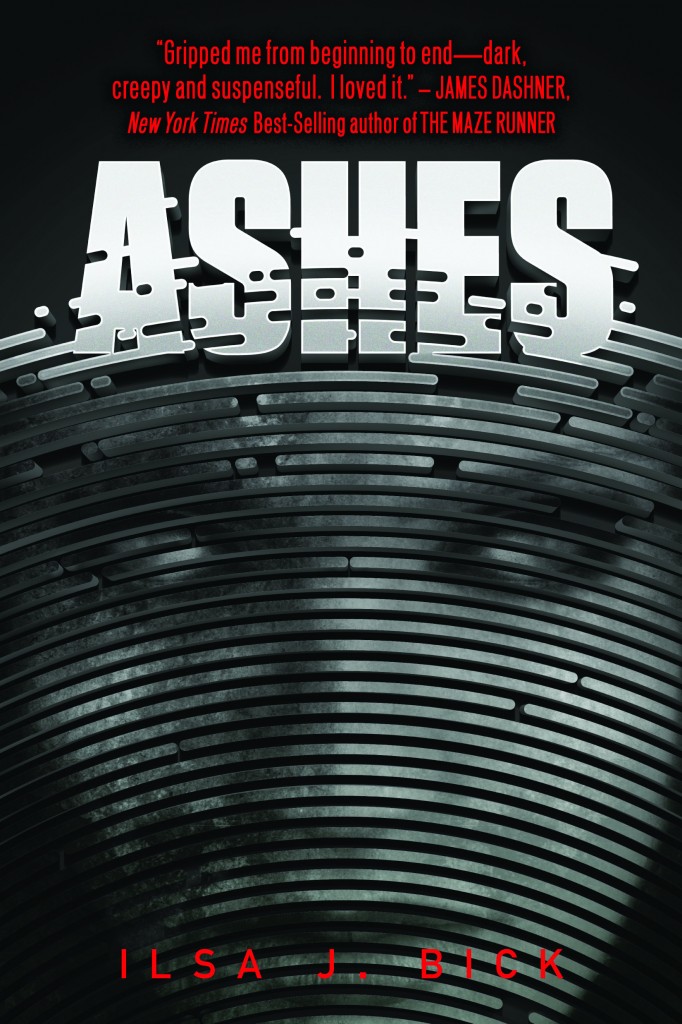
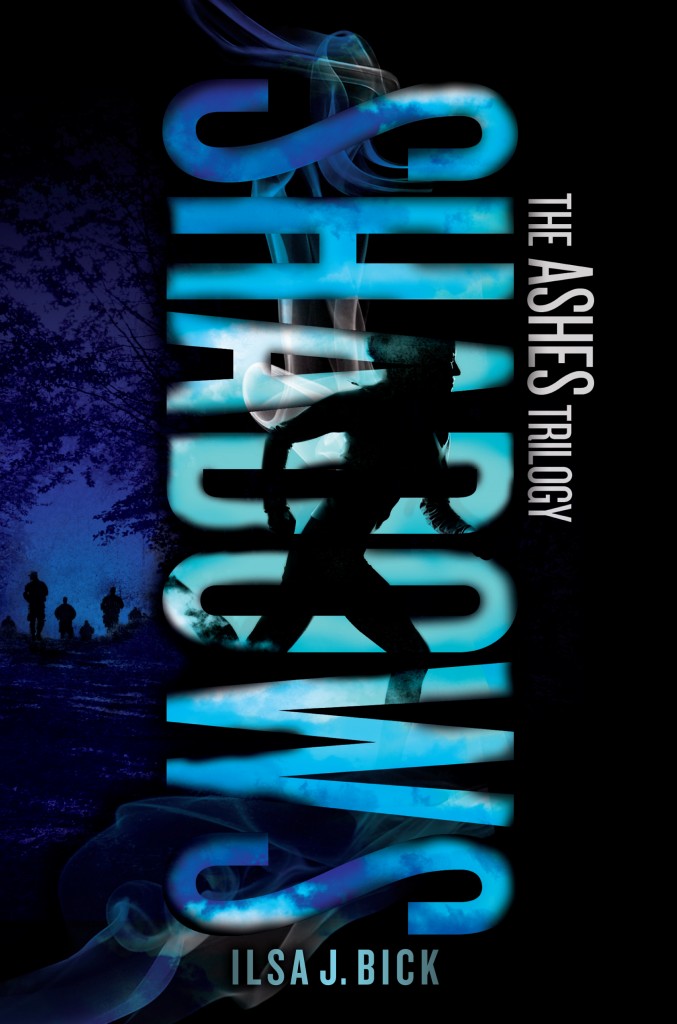


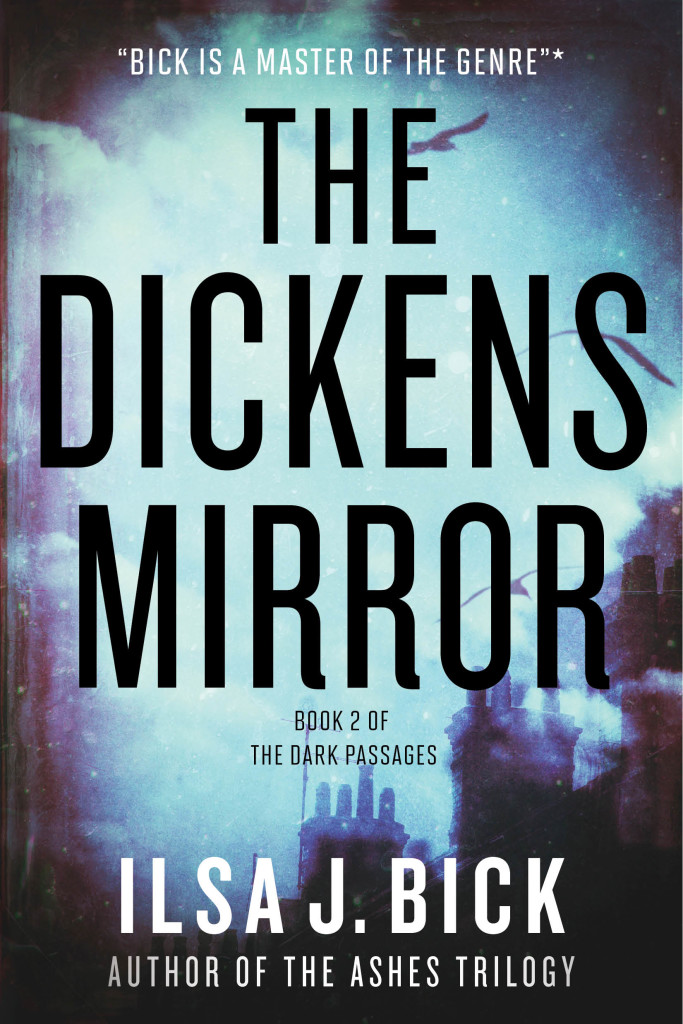
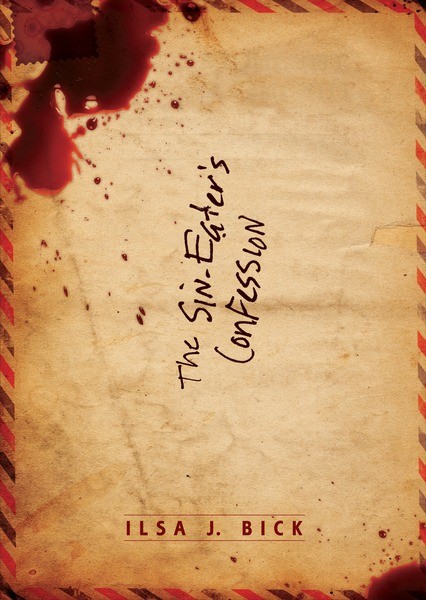
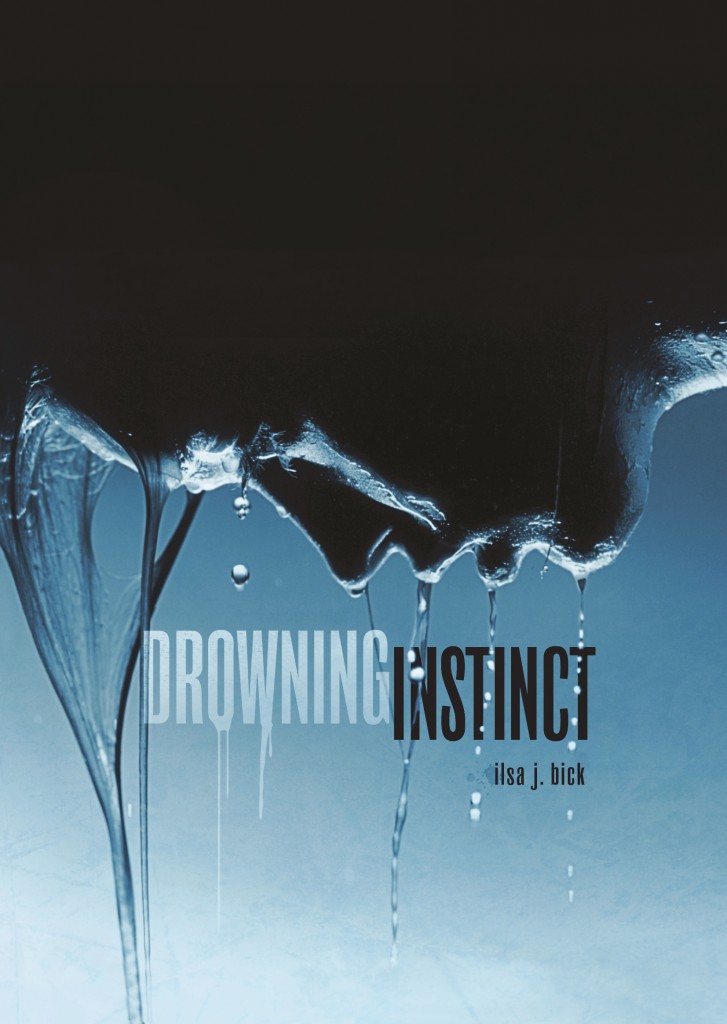
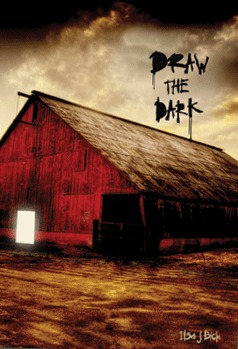




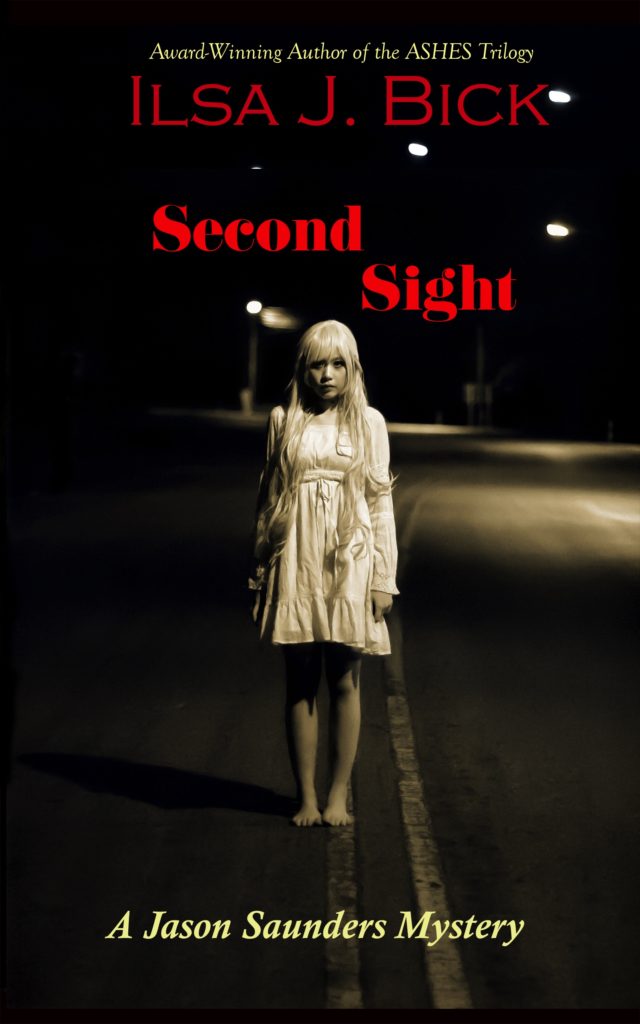
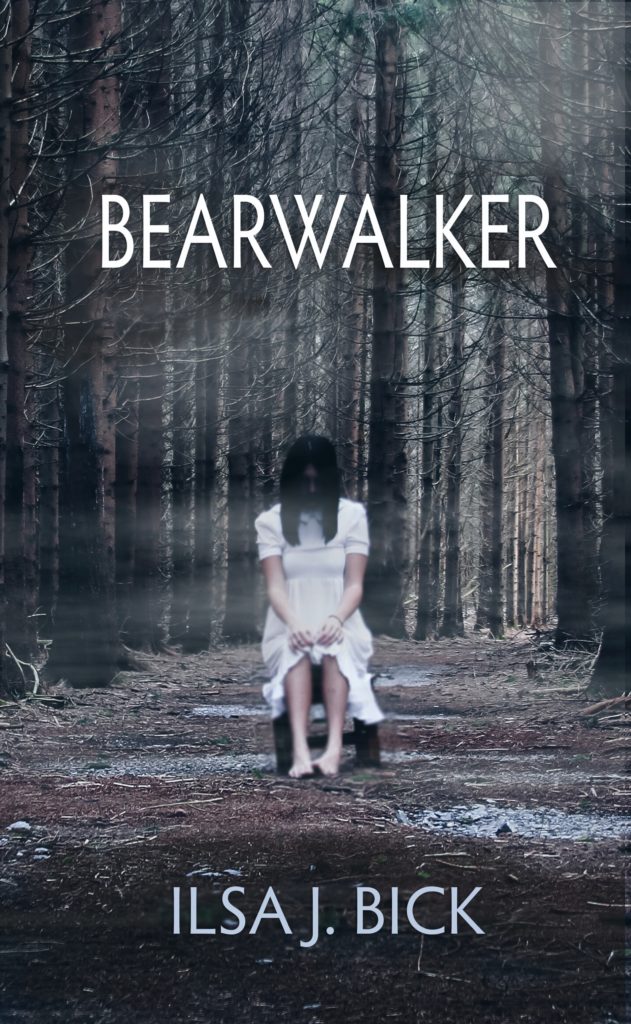
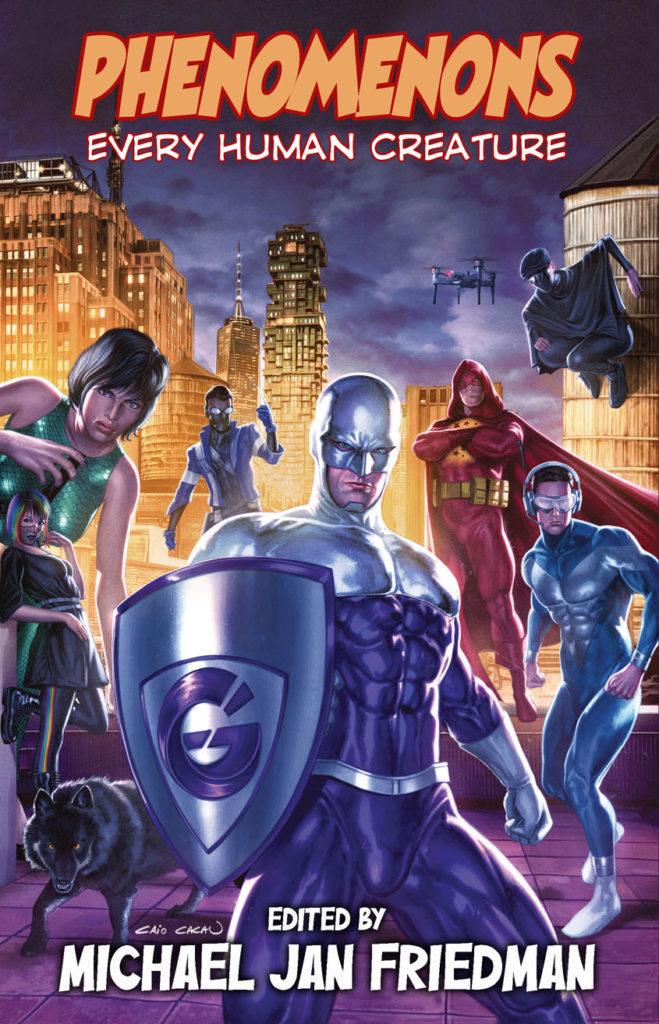
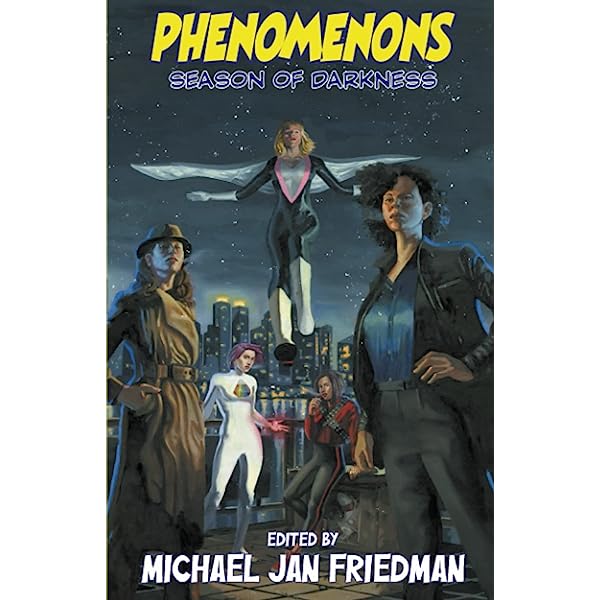





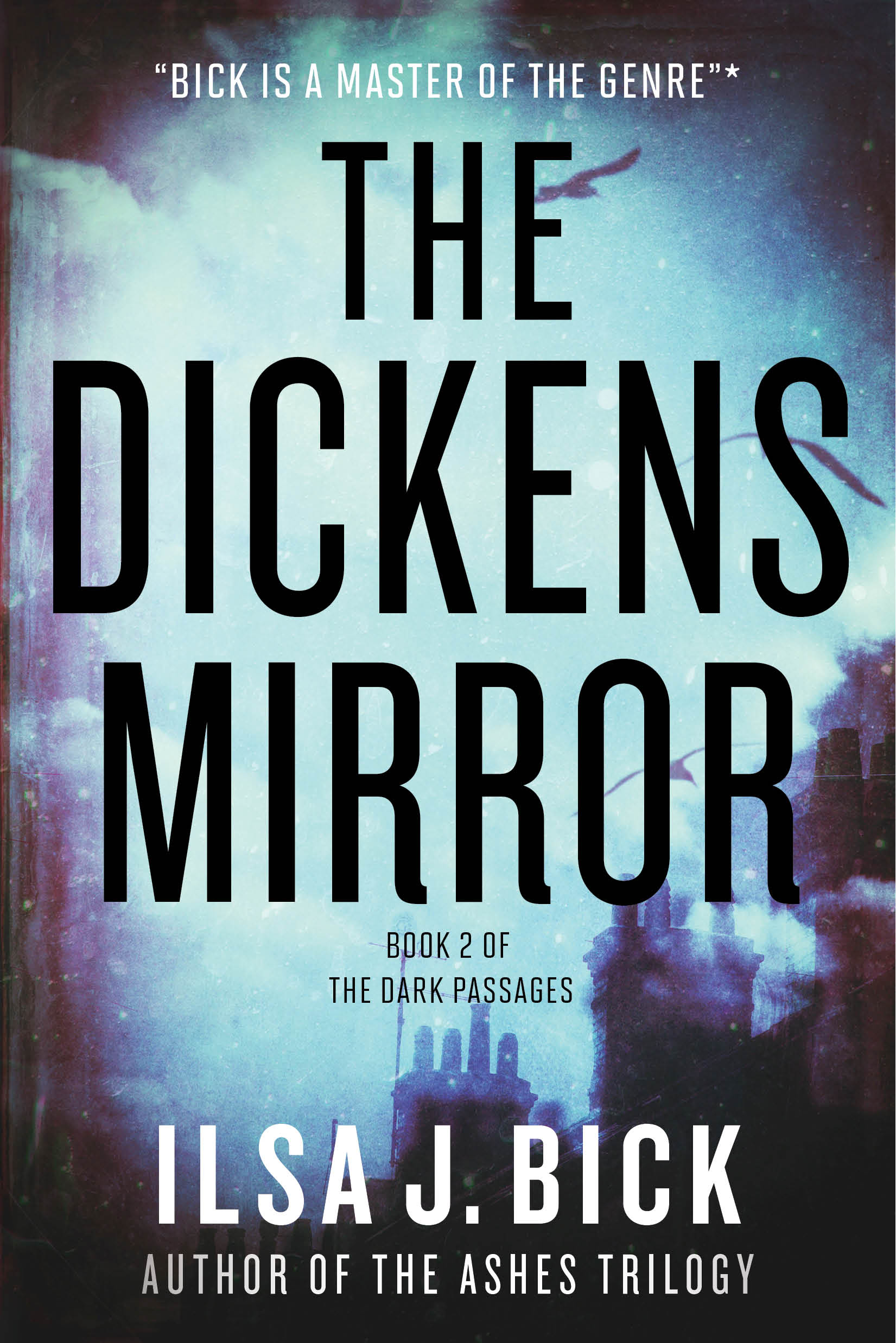

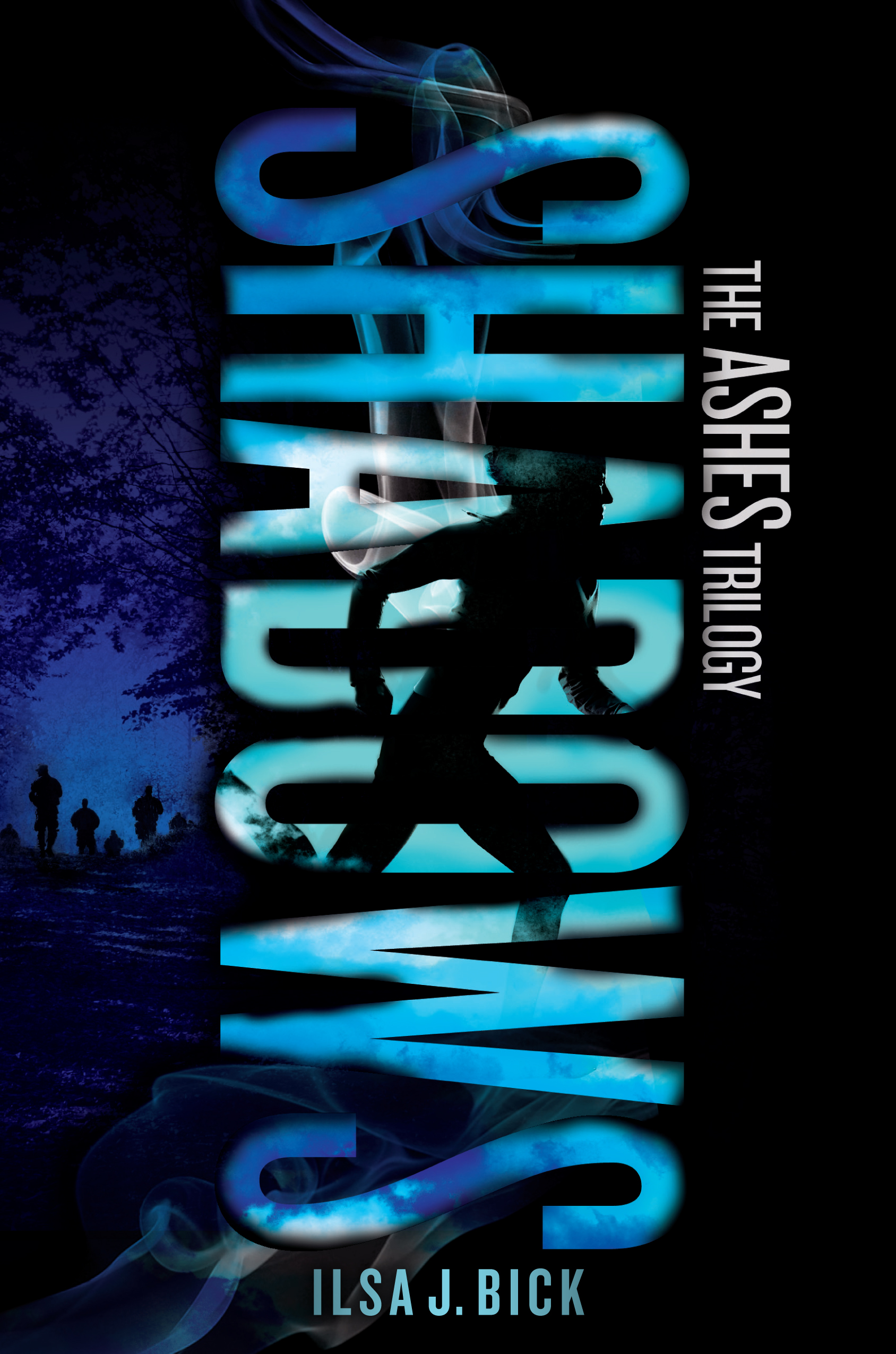
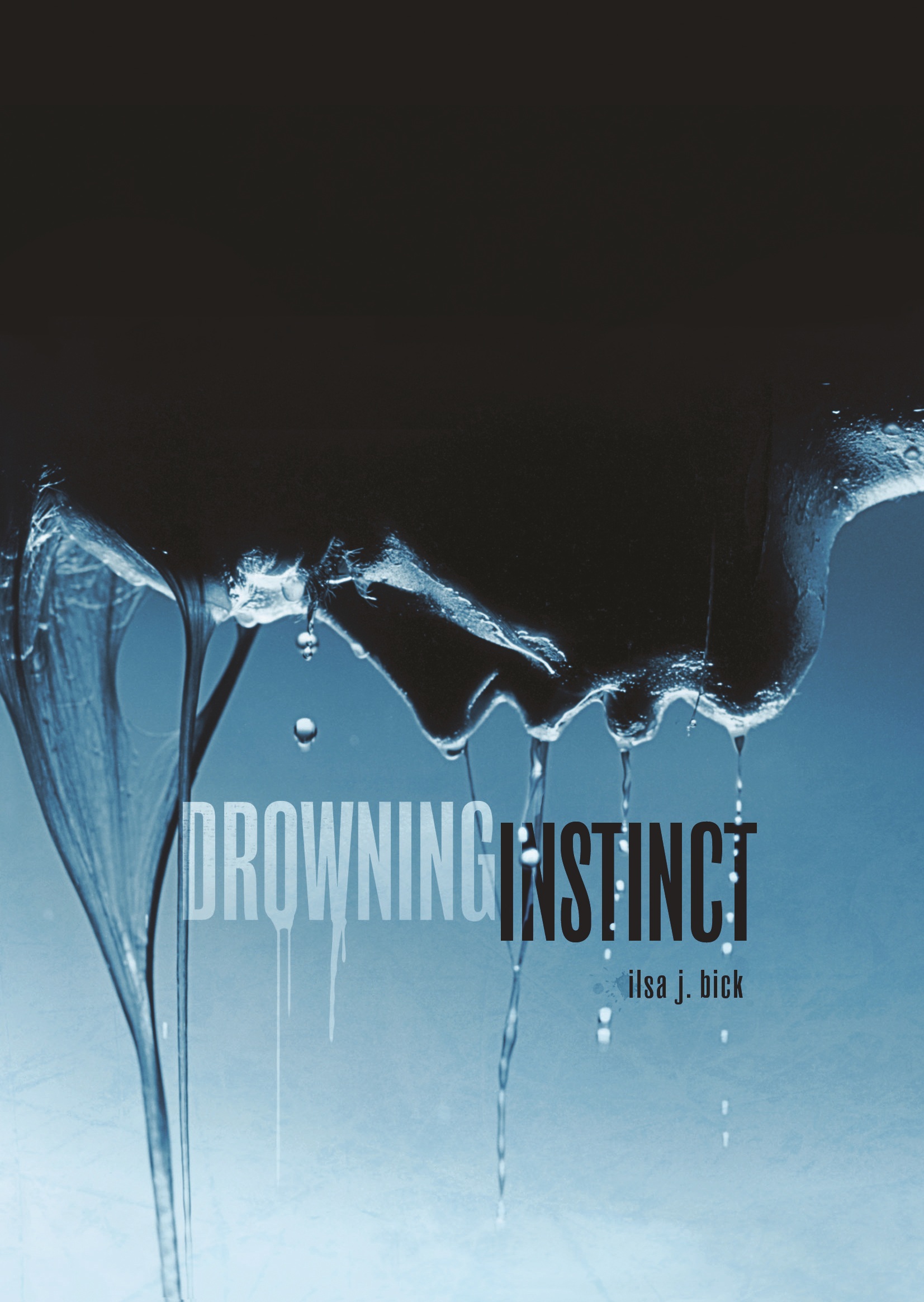

1 thought on “That Sound You Hear . . .”